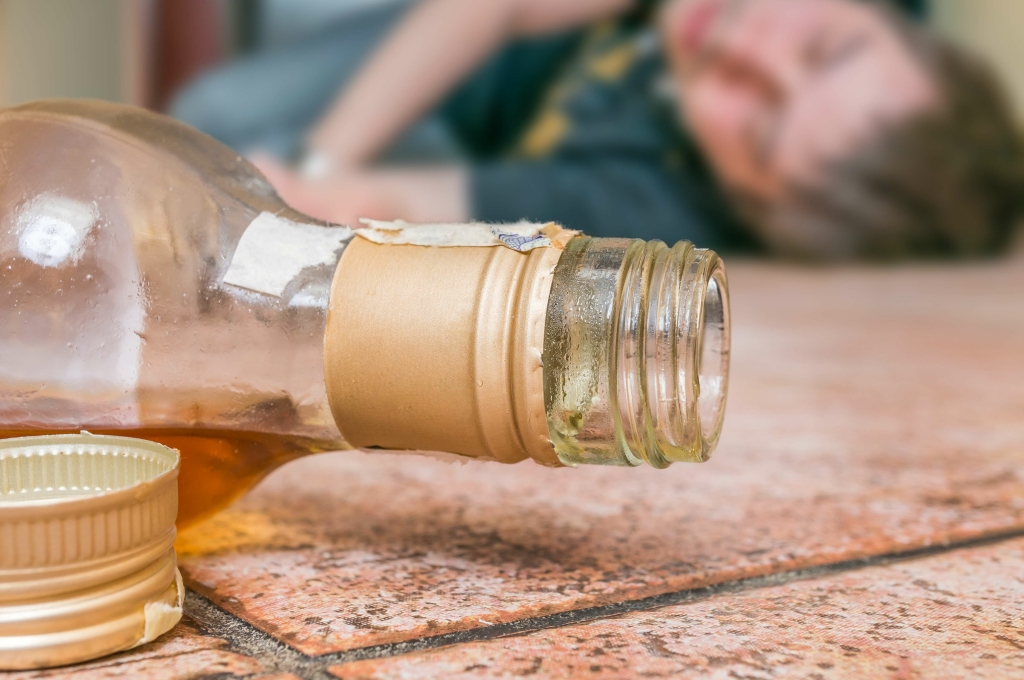It keeps you calm and decreases physical and emotional stress. Common symptoms of stress include anxious thinking, sleep problems, sweating, loss of appetite, and difficulty concentrating. Given that you’re here reading this, I’m sure that you know what I mean.
- If telling yourself that helps you feel less guilty and distracted during your downtime, so be it.
- As well as helping to relax your body and calm your mind, meditation helps reduce negative emotions and lower stress levels.
- It can also prime you to appreciate your loved ones more when you get home to them.
- If this sounds like you, now is the time to take the reigns and make your commute a time to shrug off the stress of the day.
Writing down your thoughts by journaling not just eases the load off your head but also makes you more aware of the way you spend time. It makes you intentional about the way you want to spend your time. Journaling need not be boring, there are many fun ways to journal your thoughts, and you can be creative and have fun with it. So, spend some minutes journaling gratitude or expressing the same to your loved ones. A calm environment can also be created by dim lights or candles, essential oils, and soft music. As per studies, soft light reduces the excessive stimuli to our brain helping it to calm down and also induces melatonin, a hormone required for sleep, ensuring you get good sleep.
Finding Activities to Help You Relax and Unwind
Plus, thinking this way can also ruin the rare times you do rest because guilt and distraction will inevitably creep in. When you decide that rest is something you must earn, it’s really, really difficult to feel “deserving” of it. Keeping your chin up after a difficult day is easier said than done. It is important to practice relaxation and positive thoughts to move forward. Focusing on you and your accomplishments will make the day brighter while also setting the stage for a better tomorrow. Research shows that natural blue spaces bring us even more pleasure, supporting the idea that being near water makes us happier.
- Another great way to unwind is to take a nice, hot bubble bath in the comfort of your own bathroom with a handy bath caddy.
- That said, many find yoga to be a great stress-reliever, while aerobic activities like running and swimming are perfect for boosting your mood and reducing anxiety.
- Feeling stressed out is totally normal, but being stressed all the time isn’t great for your health.
- Our mission is to help you unlock your potential through brilliant content and training.
Various herbs and teas have a soothing effect which can reduce stress and anxiety. Most people need at least 8 hours of sleep every day to recharge. Research studies have shown that those who get the right amount of sleep feel happier, healthier and safer. Commonly, when you’re stressed, the body’s tendency is to crave for high calorie, high sugar, high fat foods. Now the problem is… if you’re used to eating these foods, like they’re your comfort food, you will crave for these even more.
Making Lifestyle Changes to Reduce and Manage Stress
With the crazy (and stressful) nature of our workdays, accomplishing all three of these is a challenge. You now have a list of seven things you can do to reduce how to destress after work stress and overcome it. A comfort food may help you fight stress when it’s already there. But a balanced diet helps to lessen its impact, if not prevent it.

A lot of potent emotions can get in the way of rest, from anxiety to guilt. Even if you’re physically doing an activity that usually relaxes you, if your mind isn’t on board, it’s not going to be as impactful. You have to tackle the mental side of things, and a lot of the time that looks like brushing up on coping skills and therapeutic tools that can help put you in a mindset to relax. This is especially important for those of us who are working from home. When we work from home, the lines between work and personal life can become blurry because we don’t have the usual routines that help signal the beginning and end of the workday. For example, we don’t have a commute or the act of physically leaving the office.
